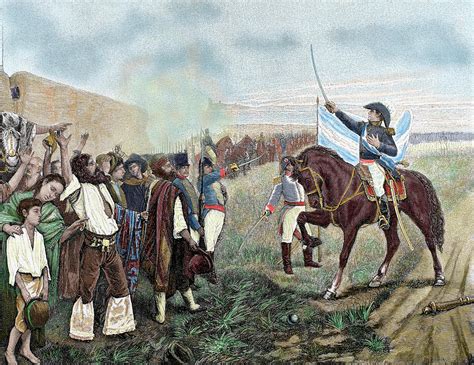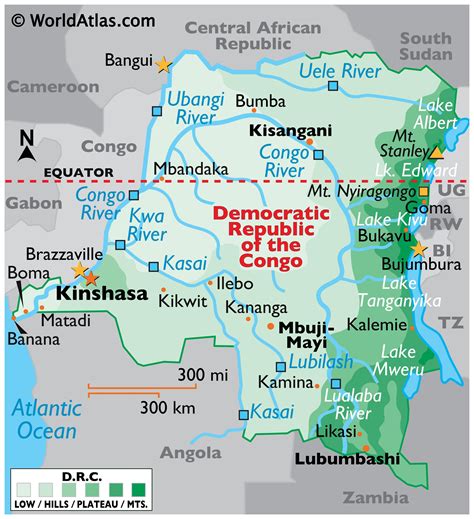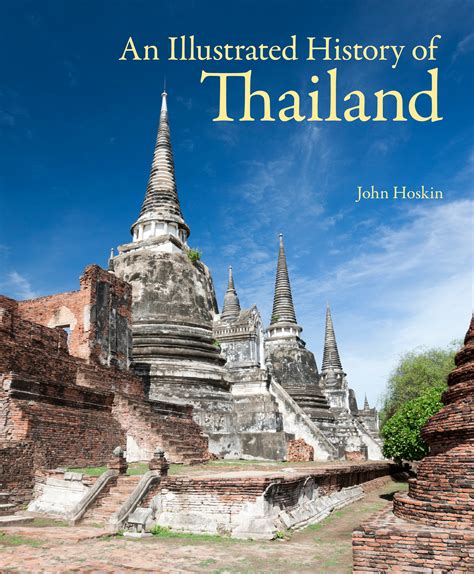Explore the rich history and influence of Portugal, from early settlements and Roman rule to the Portuguese Empire and modern history. Discover the diverse cultural heritage.
Early Settlements in Portugal
Contents
Portugal has a rich history of early settlements dating back to prehistoric times. The first evidence of human presence in the region dates back to the Paleolithic era, with cave paintings and artifacts found in various locations across the country.
During the Neolithic period, the region saw the introduction of agriculture and the establishment of permanent settlements. The construction of megalithic monuments, such as the famous Stonehenge, is a testament to the early inhabitants’ advanced knowledge and organizational skills.
The Bronze Age brought further development to the region, with the emergence of fortified hilltop settlements and the establishment of trade routes with neighboring civilizations. The influence of Celtic and Iberian cultures can be seen in the artifacts and structures from this period.
By the Iron Age, the region was inhabited by various tribal groups, each with their own distinct culture and traditions. The arrival of the Romans in the 3rd century BC marked a significant turning point in Portugal’s history, as the region became part of the Roman Empire and experienced a period of cultural and economic prosperity.
Roman Influence and Rule in Portugal
The Roman influence and rule in Portugal began when the Roman Republic conquered the Iberian Peninsula in the 2nd century BC. The Romans established the province of Lusitania, which covered a large part of modern-day Portugal, and integrated the region into their empire. They built roads, bridges, and aqueducts, and introduced new agricultural techniques, such as the use of irrigation systems and terracing, which greatly improved the productivity of the land.
During their rule, the Romans also left behind a rich cultural legacy, including the construction of temples, theaters, and public baths. They imposed their language, Latin, which evolved into Portuguese over time, and introduced Christianity to the region. The Roman impact on the social, political, and economic structures of Portugal was profound and enduring.
The Roman presence in Portugal continued until the 5th century AD, when the empire began to decline. As the Roman influence waned, the Germanic Suebi and Visigoths invaded and established their own kingdoms in the region, marking the end of the Roman rule in Portugal.
In summary, the Roman influence and rule in Portugal significantly shaped the country’s architecture, infrastructure, language, and religion. The legacy of the Romans continues to be visible in Portugal’s cultural heritage and remains an integral part of the nation’s history.
Moors and the Islamic Period in Portugal
During the 8th century, the Moors, an Islamic people from North Africa, invaded the Iberian Peninsula, including what is now modern-day Portugal. Their rule had a profound impact on the region, leading to a period known as the Islamic Period in Portugal.
The Moors introduced advanced agricultural techniques, irrigation systems, and new crops such as oranges, almonds, and rice. They also brought with them advanced knowledge in the fields of medicine, mathematics, and astronomy, contributing to the flourishing of arts and sciences in Portugal.
Under Moorish rule, several cities in Portugal, including Lisbon and Silves, became major centers of trade, culture, and learning. Architecture flourished during this period, with the construction of stunning palaces, mosques, and fortresses that still stand today as a testament to the rich cultural heritage of the Moors in Portugal.
The Islamic Period in Portugal lasted for over 500 years, until the Moors were eventually driven out during the Reconquista, a series of military campaigns by Christian kingdoms to recapture the Iberian Peninsula. Despite their eventual expulsion, the lasting legacy of the Moors can still be seen in the architecture, agriculture, and language of Portugal today.
Portuguese Empire and Exploration
The Portuguese Empire was one of the first and longest-lasting colonial empires in the world. It began in the 15th century with the Age of Discovery, a period of global exploration and maritime trade. Portuguese explorers, led by figures such as Vasco da Gama and Ferdinand Magellan, sailed to distant lands, establishing trade routes and claiming territories for Portugal.
During this time, Portugal’s influence extended to parts of Africa, Asia, and the Americas. The empire played a significant role in shaping world history and in the exchange of goods and ideas between different continents. This period of exploration and expansion brought great wealth and power to Portugal, but it also led to conflicts with other European powers and indigenous societies.
Portuguese exploration and colonization had a lasting impact on the cultures and societies of the regions they encountered. This included the introduction of new crops, animals, and technologies, as well as the spread of Portuguese language, religion, and customs. The empire also had a profound effect on global trade and the development of the modern world.
Despite its influence and achievements, the Portuguese Empire eventually declined in the 17th century due to economic challenges, wars, and competition from other European powers. However, the legacy of Portuguese exploration and colonization continues to be felt in the countries and regions that were once part of the empire.
Modern History of Portugal
The modern history of Portugal begins in the late 19th century with the decline of the Portuguese Empire. After centuries of colonial rule, Portugal faced economic and political instability, which ultimately led to the downfall of the monarchy and the establishment of a republic. The early 20th century saw the country struggle through periods of dictatorship, followed by political instability and financial crises.
In 1974, Portugal experienced a peaceful revolution, known as the Carnation Revolution, which resulted in the end of the authoritarian Estado Novo regime and the establishment of a democratic government. This marked a turning point in the country’s history, leading to a series of social, political, and economic reforms that transformed Portugal into a modern European nation. The country also became a member of the European Union in 1986, further integrating itself into the global community.
Over the past few decades, Portugal has undergone significant social and economic development, with improvements in areas such as education, healthcare, and infrastructure. The country has also made strides in promoting renewable energy and environmental sustainability, positioning itself as a leader in green technology and innovation.
Today, Portugal is known for its vibrant culture, diverse population, and thriving tourism industry. The country continues to play a significant role in European politics and remains a popular destination for travelers from around the world.













